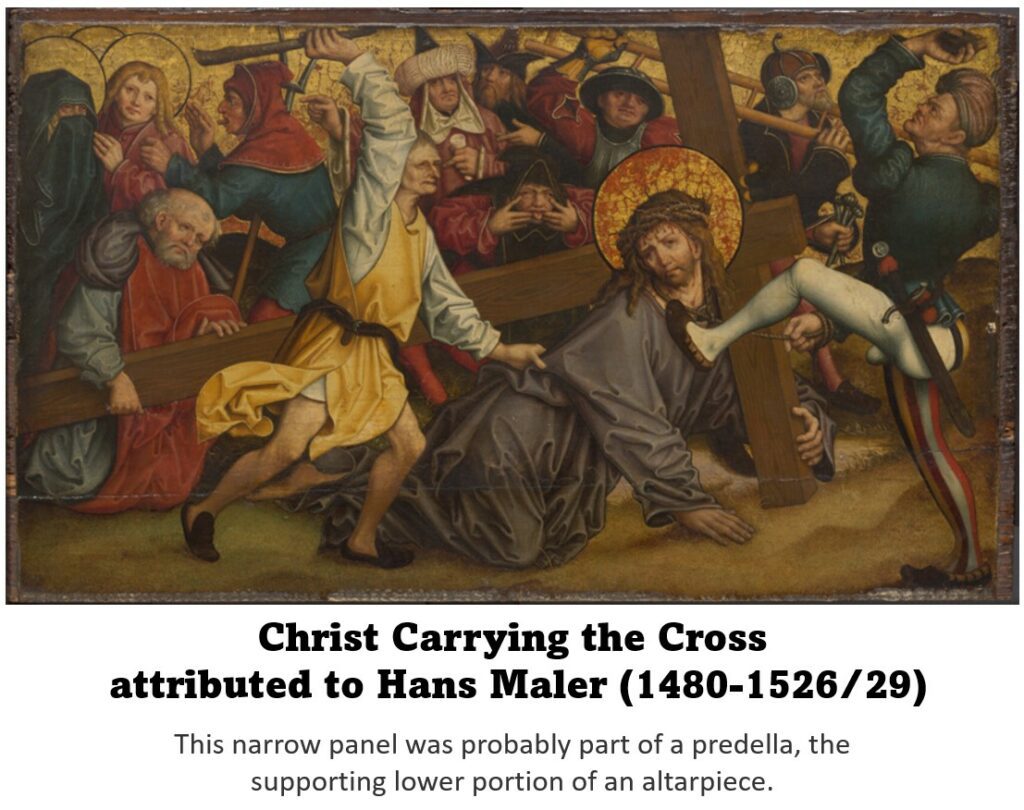Jewish Reaction to Jesus and His Apostles
Jesus of Nazareth, a Jewish carpenter and teacher, began his public ministry within the complex religious and political landscape of 1st-century Judea. His teachings and actions were rooted in Jewish tradition, yet his message of a transformed relationship with God and the arrival of the Kingdom of Heaven challenged established religious interpretations. This sparked a spectrum of reactions among his fellow Jews that continue to shape religious thought today.
Jesus’ ministry was profoundly Jewish. He frequented the synagogues, engaged in lively scriptural debates with rabbis (Luke 2:46-47), and participated in major Jewish festivals. His teachings echoed themes familiar to Jewish audiences: repentance, forgiveness, and love for God and neighbor. However, his radical interpretations of the Law of Moses and his claims of divine authority provoked both intrigue and hostility.
Some Jews were drawn to Jesus’ charismatic personality and his message of hope. They marveled at his miracles and healings (Mark 1:27, Matthew 8:16-17) and saw him as a potential Messiah, the liberator they longed for. Others found his teachings refreshing, offering a more personal and accessible form of Judaism.

However, many religious leaders and traditionalists were deeply offended by Jesus. They perceived his claims of divine authority and being the long-awaited Messiah (John 4:25-26) as blasphemous (John 10:33). His association with sinners and outcasts contradicted their notions of religious purity (Mark 2:16). His challenges to the rigid interpretation of Sabbath laws were seen as attacks on the very foundations of their faith (Mark 3:1-6). This tension between Jesus and segments of the Jewish establishment ultimately led to his arrest, trial, crucifixion. and burial (Luke 22:47-23:56). Yet, his ministry and His message through the Apostles and their converts sparked a movement that would transform not only Judaism but the course of human history.
The Apostles' Message to the Jews
Following the crucial event of Pentecost, when the Holy Spirit descended upon them with power, the apostles burst onto the scene with renewed zeal. This supernatural empowerment fueled their boldness and eloquence in proclaiming the Gospel message. Right after Jesus’ death and resurrection, the evangelistic efforts of the Apostles heavily focused on their fellow Jews. According to the second chapter of Acts, Peter’s powerful sermon on the day of Pentecost resulted in thousands of people accepting the message of salvation and being baptized (Acts 2:41). The apostles performed miracles, further testifying to the truth of their claims and attracting more followers.
This newfound boldness came with increased opposition. The Temple in Jerusalem was a major focus for evangelistic efforts in the initial years. It was a place where Jews from around the Mediterranean would gather for religious festivals. Jewish religious leaders, threatened by the apostles’ message, began to persecute them. Beatings and imprisonment awaited them, but this only spurred them to greater efforts. Facing hostility in Jerusalem, they began to expand their ministry to synagogues throughout Judea and the wider Roman Empire. They were familiar places where they could debate, discuss scripture, and share their understanding of Jesus as Messiah. They often engaged in discussions and spread the gospel within local marketplaces, central hubs for exchange of goods and ideas.
Apostles' Theological Message
The Apostles preached four major points to the Jews:
- Jesus as Messiah: The cornerstone of their message was the proclamation of Jesus as the long-awaited Messiah, fulfilling the prophecies found in the Hebrew Scriptures.
- Resurrection: They emphasized the resurrection of Jesus as a central event validating his claims and demonstrating his divine nature.
- Repentance and Salvation: Like other Jewish preachers of the time, they urged repentance, forgiveness of sins, and the promise of salvation through faith in Jesus.
- Continuity with Judaism: The Apostles did not present their message as a new religion. Rather, they sought to demonstrate that belief in Jesus was the natural continuation and fulfillment of the Jewish faith.
Resistance to the Message
Indifference, if not hostility, to the Christian message was most common due to
- Deeply Rooted Beliefs: The Apostles faced an entrenched and developed Jewish theology with centuries of tradition. Challenging core beliefs regarding the nature of God and the non-arrival of a warrior Messiah was a monumental task.
- Scriptural Interpretation: Debates largely centered on different interpretations of the Hebrew Scriptures. The Apostles argued that the prophecies found in these Scriptures had been fulfilled in Jesus, while traditional Jewish rabbis maintained that they were yet to be fulfilled.
- Perceived Blasphemy: Jewish religious authorities considered the Apostles’ assertion of Jesus as the Son of God a grave blasphemy of their monotheistic faith.
- Community Pressure: Conversion to a belief system perceived as heretical carried immense social risks. Converts faced the possibility of ostracism from their families and communities.
- Threat to Religious Authorities. The message of Jesus challenged the existing religious authorities, leading to harsh responses.
- Salvation for Everyone. The rift between Jews and Christians widened further when the Apostles started converting Gentiles (non-Jews) and tension increased between Jewish communities and the new mixed communities of Gentile and Jewish believers.
t’s important to note that not all Jews or Jewish communities were universally hostile. Some synagogues initially allowed Apostles to preach and debate, and there were Jewish converts to this new faith. However, as the rift between Christianity and Judaism deepened, the likelihood of persecution dramatically increased.
Persecutions and Martyrdom
The risk of persecution was incredibly real for the apostles and Christian converts, coming from fellow Jews and the Roman overlords. Their commitment to spreading the gospel of Jesus meant putting their freedom and even their lives (Deaths of Apostles) on the line amidst deeply held beliefs and power structures. Evidence of their harsh treatment is found in biblical and historical sources:
-
Scriptural Evidence: The Acts of the Apostles and various epistles of the New Testament paint a vivid picture of the violence and persecution the early followers of Jesus faced. Stephen, one of the first deacons of the church, was stoned to death by a Jewish mob after his powerful preaching. The book of Acts describes a wave of persecution against the early church in Jerusalem, leading to the imprisonment and beating of apostles like Peter and John. The Apostle Paul, a former persecutor of Christians himself, endured floggings, stoning, and imprisonment on multiple occasions at the hands of Jewish authorities.
-
Historical Evidence: Tacitus writes that Nero had Christians arrested as a scapegoat for the great fire in Rome and condemned for arson, “but just as much for their hatred of man”. The historian goes on to write “Their death was made into a sport. Dressed in animal skins, they were torn to pieces by dogs or crucified”. Other Christians were hung on poles and drenched in tar. At night, executioners lit the human torches so that they could light up the streets as the screams resounded, and a sickening smell of burning flesh settled over Rome. Ignatius of Antioch was dressed in animal skins stained with blood and fed to hungry lions in the Colosseum, one of many Christians who was killed in this manner.

